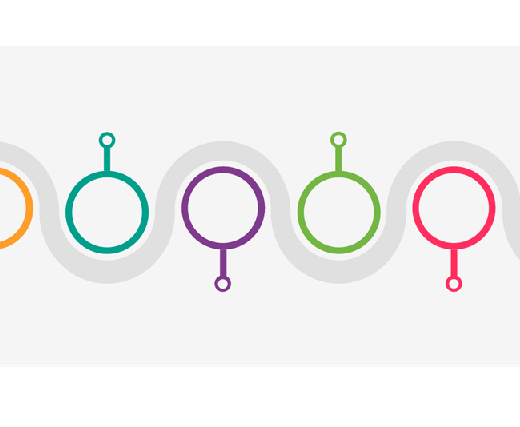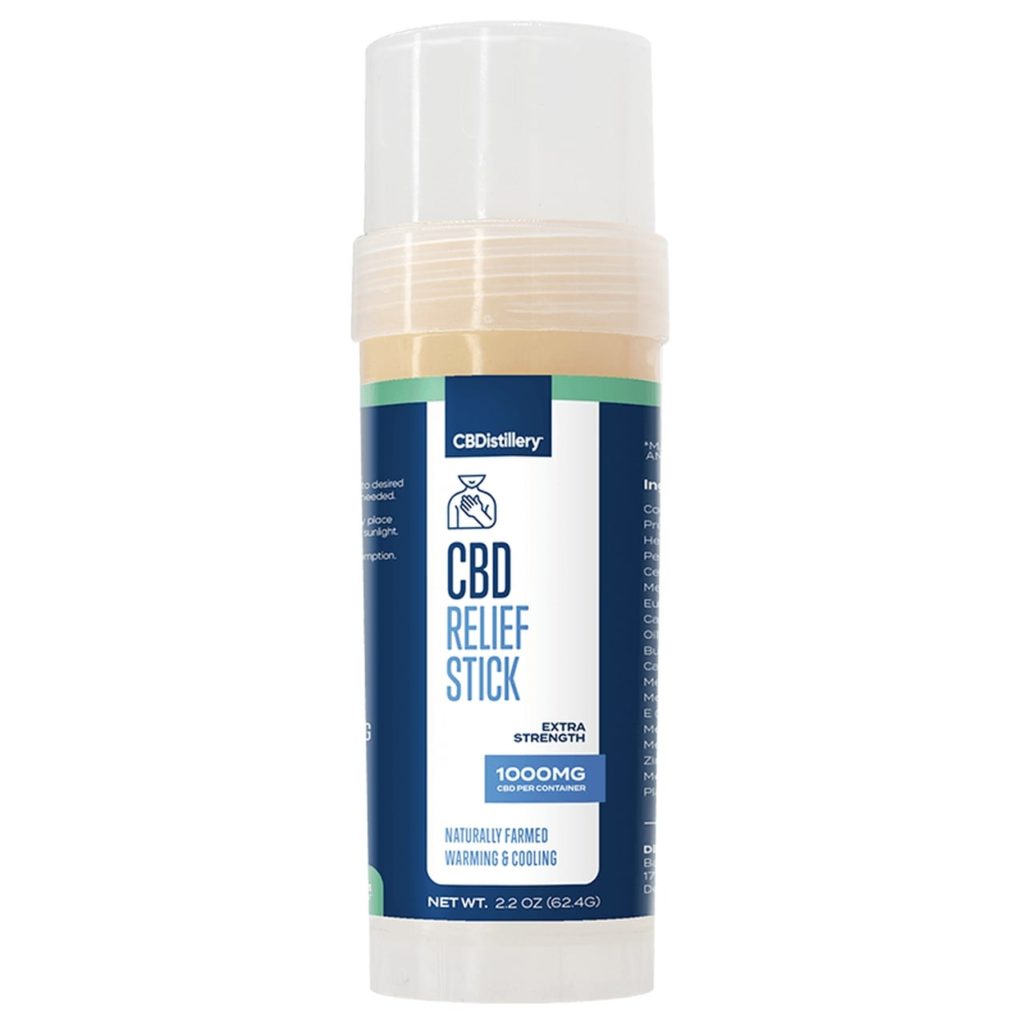
Hemp oil can help improve your mood and alleviate depression. It works because it's loaded with vitamins and minerals, including B vitamins and amino acids that help keep your brain healthy and happy. It has anti-inflammatory properties, which can ease pains and aches.
It also acts as an appetite suppressant. This will help you feel fuller longer and stop snacking that could lead to weight gain.
Taking hemp oil is safe for most people as long as you don't have any health conditions or allergies to it. You may have to consult with your doctor if you're using it for anxiety or depression, as it is often associated with some side effects and can interact with certain medications.
There are many factors that can lead to depression. Depressed moods can be caused by genetics, biochemistry, and personality. People who have had a history with mood disorders in the family may be at higher risk of developing depression.

Depression can be a serious mental illness that can lead to life-threatening consequences. Depression can affect everyone in your life. It can also increase your risk of suicide.
Depressed people can feel depressed and withdraw. You might lose appetite, have trouble sleeping and find your thoughts repetitive.
These symptoms may be severe and last for a long time. It is time to see a therapist. You can choose from many treatment options for this condition. Your therapist can help you decide the best one for you.
Research has shown that CBD can help reduce symptoms of depression. It activates the brain's serotonin-receptors. Serotonin is a neurotransmitter that regulates sleep and plays an important part in mood and well being.
You need to get enough sleep to allow your body time to heal. A person suffering from depression should get enough sleep to avoid aggravating the symptoms.

A combination of psychotherapy and medication is one of the most effective ways to deal with depression. This can be very helpful for some people, but others may prefer to try a more natural option.
Hemp oil for Depression is a great alternative to medication. It has fewer side effects than prescription drugs and doesn't cause any adverse reactions. It can be taken by mouth or applied topically, as long as it is sourced from organically grown hemp.
There are many CBD-infused products. Some are stronger than others. To ensure that you're using the best CBD product for you, you need to carefully read the label.
FAQ
What CBD products are the most popular?
CBD products are becoming increasingly popular. They can be used for anything, including pain relief or anxiety. The market is growing rapidly and is very large.
What are people buying CBD for? And how does this affect you as a brand owner?
Statista reports that CBD products have relaxing properties. They are also used for their anti-inflammatory properties.
If your product contains both CBD and THC, it can be used for medicinal and recreational purposes.
But what about brands which are focused on just one purpose? One example is CBD for stress relief.
Additionally, a brand that focuses solely on CBD for medical purposes will enjoy a large customer base.
But, if a brand is looking to target recreational users they will need to develop a unique selling position (USP). A USP is basically a feature or benefit that sets a brand apart from competitors.
For example, certain brands offer free shipping. Others offer discounts for bulk orders.
Is CBD a good investment?
As people learn more about the benefits of hemp-based products, the market for them continues to grow. By 2022, the market for hemp-based products will reach $1 billion.
Market growth is expected at an annual rate in excess of 20% up to 2020, when it will reach $2.5Billion.
Hemp oil has been used in many beauty products and health care products including creams, lotions.
There are many CBD-infused food items, such as snacks, dog treats and pet foods, that can be produced by companies.
CBD is currently legal across all 50 states. But, this may change in the near future. CBD will become more widely used as a legal substance in the future. This will allow businesses to be more legally able to do business.
These are all factors that make CBD investments a viable venture.
How can companies successfully market CBD products in a regulation-compliant manner?
The FDA does not regulate hemp for its agricultural commodities. The Controlled Substances Act regulates all cannabis derivatives, including marijuana. CBD has yet to be subject to specific regulations.
CBD is legal at state level in 29 US states. Federal law considers it illegal. Businesses that want to sell CBD products face uncertainty.
The FDA also sets strict guidelines about how CBD products are promoted. For example, they must clearly disclose any product's THC content. Companies cannot claim CBD is effective in treating certain medical conditions without supporting evidence.
Additionally, the FDA requires manufacturers submit information about manufacturing practices and quality control. To demonstrate safety and efficacy, the FDA requires companies to perform clinical trials.
These factors are crucial for companies to consider when developing their marketing strategies.
Can I use CBD during pregnancy?
The research on CBD use in pregnancy is still lacking.
However, CBD does not appear to be a danger to the baby based upon the limited information.
Pregnant mothers should not consume CBD unless it is recommended by their doctor.
A recent warning was issued by the Food and Drug Administration about possible risks from CBD consumption during pregnancy.
FDA says there is evidence that cannabis usage during pregnancy can increase miscarriage risk.
According to the agency, more research is necessary before a firm conclusion can been drawn.
Statistics
- HR −16 mmHg; 95% CI −26, −6; I2 = 92%) (ncbi.nlm.nih.gov)
- A recent study [161] also found that in vitro CBD treatment (i.e., ≤ 2 h exposure to 10 μM) induced ~40% vasorelaxation in isolated (pre-constricted) (ncbi.nlm.nih.gov)
- The inhibition of FAAH is predicted to lead to an increase in brain and plasma concentrations of AEA, which acts as a partial agonist at CB1R and CB2R, thereby increasing endocannabinoid tone [92, 110]. (ncbi.nlm.nih.gov)
- A recent systematic review of human trials also reported that individuals with epilepsy receiving CBD (5–20 mg·kg−1·day−1) were more likely to experience decreased appetite than those receiving placebo (i.e., ~20 vs. 5% of patients) (ncbi.nlm.nih.gov)
- The use of these products is likely to become even more widespread if the World Health Organization's recommendation that CBD no longer is scheduled in the international drug control conventions is adopted by the United Nations member states [201]. (ncbi.nlm.nih.gov)
External Links
How To
How to become certified for selling CBD products
CBD (cannabidiol) is one of the hundreds of cannabinoids found in cannabis plants. It has been used medicinally for centuries, even in South American countries like India, China, and China. In recent years, however, its popularity has skyrocketed due to its ability to treat conditions like anxiety, pain, epilepsy, and inflammation. But if you want to start selling CBD products, there's no official certification program available yet -- at least not in the U.S. That means anyone who wants to make money off their own line of CBD products has to rely on the "unofficial" process of self-certification.
There are two ways you can go about it. The first is to join a local association of canna-business owners. This will allow you to share your knowledge with others, as well as receive advice and support. There are currently numerous associations all over the country. There are two options. The first is to open an online business. Many states allow canna businesses to operate online. If so, then you can set up your own website and begin taking orders right away. You must register with the Department of Public Health in your state. After you have registered, you can apply for a license from your state's Department of Public Health. Once you have your license, it is legal to open your shop and accept orders.